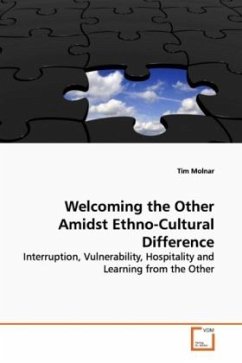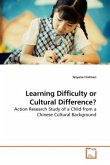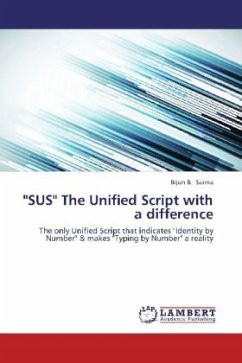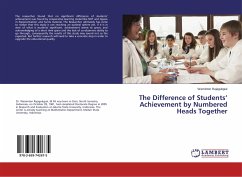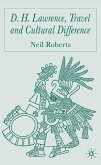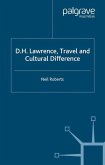This work brings the thought of Emmanuel Levinas into
play in attempting to understand the responsibility
of a group of educators of Aboriginal and
non-Aboriginal heritage who work amidst the tensions
of ethno-cultural difference in an inner city public
high school. The concept of welcoming that is born
in the words of Levinas, and that is further
fashioned into an interpretation framework, while
relying on the writings of Jacque Derrida and Sharon
Todd, is employed in this philosophical hermeneutic.
I suggest that Levinas philosophy refashioned as
welcoming, can be helpful in prompting educators (and
others) to think differently about responsibility and
therefore to position themselves to better enact
their responsibility. This work is potentially
helpful, not as a 'how to guide' relating a code of
ethics, but in assuring people, that what is ethical
is not necessarily defined within the confines of
convention, legal or social codes and rules, or
cultural norms, but rather in one's attentiveness to
others and attentiveness to one's attentiveness,
where a person realizes the welcoming nature of
responsibility and what is actually demanded of a
person in being responsible.
play in attempting to understand the responsibility
of a group of educators of Aboriginal and
non-Aboriginal heritage who work amidst the tensions
of ethno-cultural difference in an inner city public
high school. The concept of welcoming that is born
in the words of Levinas, and that is further
fashioned into an interpretation framework, while
relying on the writings of Jacque Derrida and Sharon
Todd, is employed in this philosophical hermeneutic.
I suggest that Levinas philosophy refashioned as
welcoming, can be helpful in prompting educators (and
others) to think differently about responsibility and
therefore to position themselves to better enact
their responsibility. This work is potentially
helpful, not as a 'how to guide' relating a code of
ethics, but in assuring people, that what is ethical
is not necessarily defined within the confines of
convention, legal or social codes and rules, or
cultural norms, but rather in one's attentiveness to
others and attentiveness to one's attentiveness,
where a person realizes the welcoming nature of
responsibility and what is actually demanded of a
person in being responsible.

